Protein For Runners
- September 18, 2021
- Last Updated: September 28, 2023
- 0 Comments
- Sports Nutrition
Protein for runners is often underemphasized, as the focus is mostly on carbohydrates. However, protein needs for athletes are higher than those of the general population for obvious reasons. So, how should runners and athletes be eating?
As an Amazon Associate, I may earn from qualifying purchases. You can read more here on our Disclaimer and Privacy Page.
Protein is such a buzzword in this day and age.
Everyone wants to make sure they’re getting enough protein since it’s the macronutrient that keeps us full, helps build and maintain muscle, helps with hormones, immunity and more.
Yes, protein is definitely important – there’s no denying that. But also of (equal) importance are carbohydrates and fats.
There is a reason we have a need for all three essential macronutrient groups – I may even argue that carbohydrates are of utmost importance.
In working with athletes, I probably spend most of my time talking about carbohydrates, and then protein.
Because protein is important for performance and recovery, especially with including leucine.
This post will teach you how to calculate the amount of protein you need based on your weight, height, age and activity level.

In This Article
Why is Protein Important For Athletes?
The importance of protein for athletes is multifactorial.
Athletes, especially, should be mindful of how much they eat and what they eat throughout the day in order to get optimal results from their training efforts.
Because of the demands of exercise, such as replacing the oxidation of protein/amino acids during exercise (approximately 1–5% of the total energy cost of exercise), repairing exercise induced muscle damage and building lean tissue, athletes have higher protein needs than non-athletes, rightfully so.
Protein helps with:
- muscle building
- preventing muscle breakdown
- exercise recovery (adaptations to training) – it should be included in your recovery after half marathon or any race
- red blood cell production
- stabilizing blood sugar
- immunity
- helping with fullness and satisfaction for competition
- providing all essential amino acids for function and performance
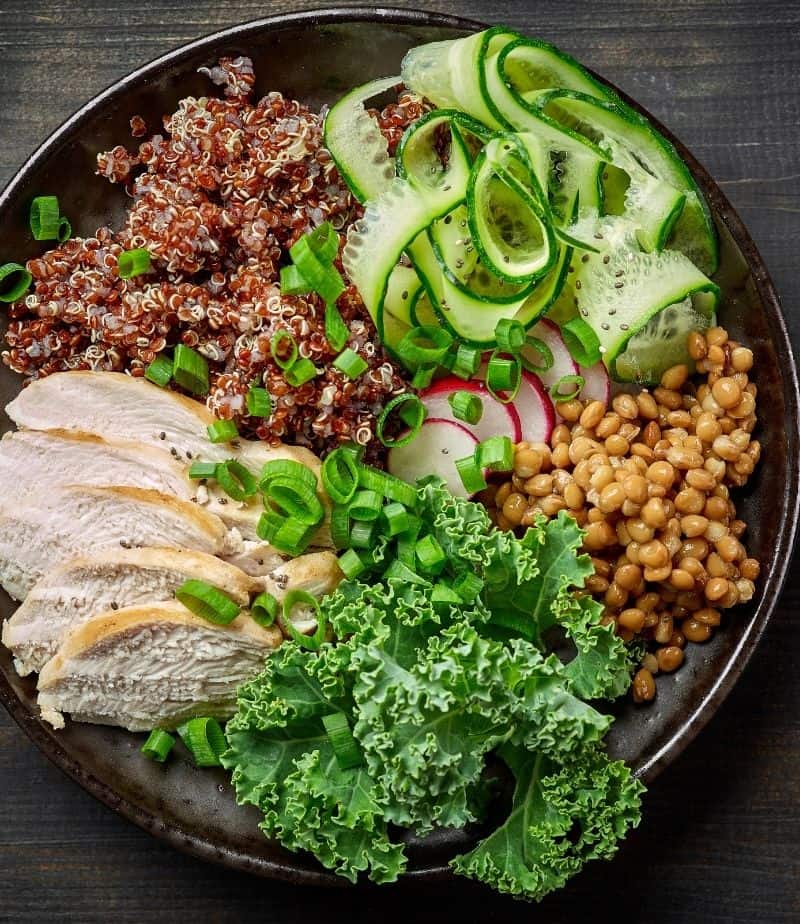
Having protein, along with carbohydrates and fats, are all part of a healthy breakfast for athletes.
How Much Protein Do Athletes Need?
A great place to start is to talk about protein needs for athletes on a day-to-day basis.
And as a sidenote, pregnancy also increases the demand for protein, so make sure you’re including healthy breakfast ideas for pregnancy.
The amount of protein an athlete needs will depend on their caloric intake and activity levels.
If you are eating enough calories to support muscle growth, then adding more protein can be helpful in building up lean mass, paired with strength training.
Check out this upper body workout for runners for more guidance!
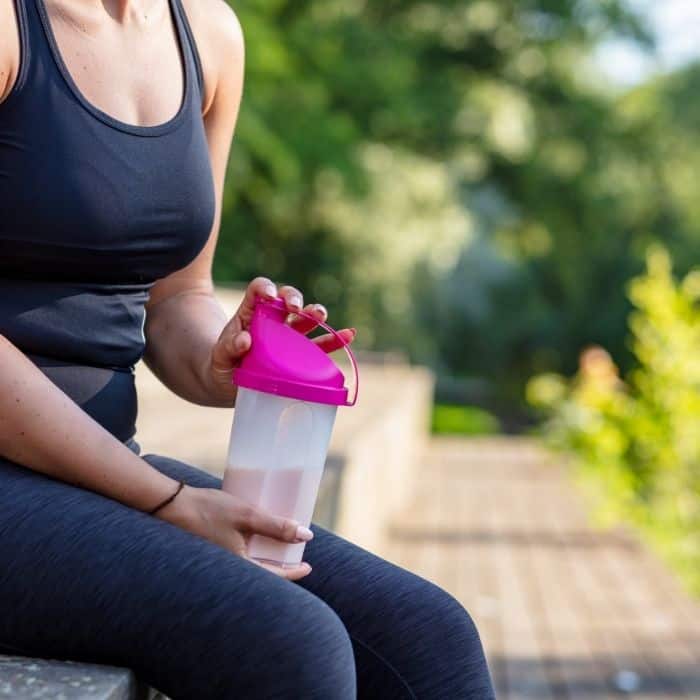
Most people do get enough protein. However, the timing of that protein is not optimal as it may be backloaded into dinner or at the end of the day.
Instead, we prefer people evenly spread protein intake in throughout the day into meals and snacks, or periodized to workouts.
Currently, the RDA for protein in healthy adults is 0.8 g/kg body weight per day, which is much too low for athletes and possibly may non-athletes too.
Let’s review protein for runners and other athletes, specifically.
Protein For Runners: Ranges and Recommendations
Protein recommendations for the general average person are between 10-35% of calories for adults. That’s according to the AMDR (Acceptable Macronutrient Distribution Ranges).
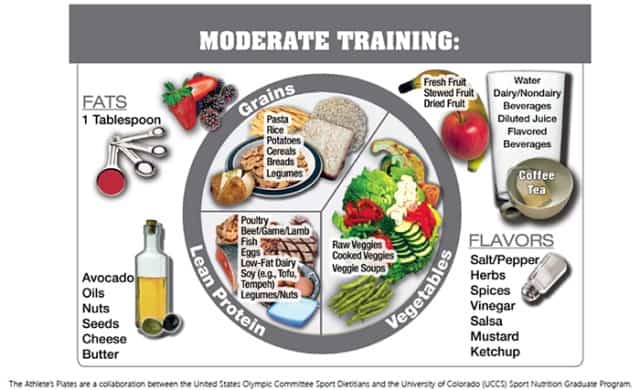
While I definitely think 10% is on the lower side, most of my athletes are likely getting between 15-30% of their calories from protein.
Looking at protein another way, total needs generally range from 1.4-2.0 grams per kg of body weight, which translates to about 0.64-0.91 grams per lb. This range is generally for those looking to build and maintain muscle mass.
This post on the performance plates can be helpful to visually learn to build your plate.
According to the International Society of Sports Nutrition position statement, protein intakes of 1.4 – 2.0 g/kg/day for physically active individuals is not only safe, but may improve the training adaptations to exercise training.
The review goes on to state that when part of a balanced, nutrient-dense diet (aka not a crazy low carb diet), these levels are not damaging to kidney function or bone metabolism.

Protein For Endurance Athletes
Just like anything with nutrition, nutrition should be individualized and protein intake for runners will depend on factors such as:
- activity level and how often one is competing
- weight and age
- body composition goals
- metabolism
- lifestyle – how many meals/snacks you consume
- gender
- health condition (are you recovering from an injury?)
So, exactly how much protein do runners need?
For a runner training for a marathon, protein needs may be higher than you think.
The recommended protein intake for endurance athletes ranges between 1.0 g/kg to 1.6 g/kg per day, depending on the intensity and duration of the endurance exercise and how trained the athlete is (Source).
As the intensity and duration of endurance exercise increases (ie – runs get longer, doing two-a-day workouts, etc.), there is an increased oxidation of branched-chain amino acids and protein needs for athletes increases and may go up to 1.8 to even 2 g/kg of body weight.
This creates a higher demand for protein intakes at the upper end of this range. Protein for runners’ recovery is such an important part of the equation!
For a strength or power athlete, goals would be somewhere between 1.6 to 2.0 g/kg of body weight.

Nutrient Timing with Protein
Appropriately timing protein is an important component of an overall exercise training program. As mentioned earlier, many people save protein for dinner and load up, rather than eating it consistently throughout the day.
Planning protein around workouts is also very important, for body composition, lean body mass, and muscle growth.
This is where protein shakes for runners can come in handy!
Some athletes can handle moderate amounts of protein before a workout, while some cannot.
If you suffer from runners stomach symptoms or extreme fullness or bloating before a workout, you may want to limit protein.
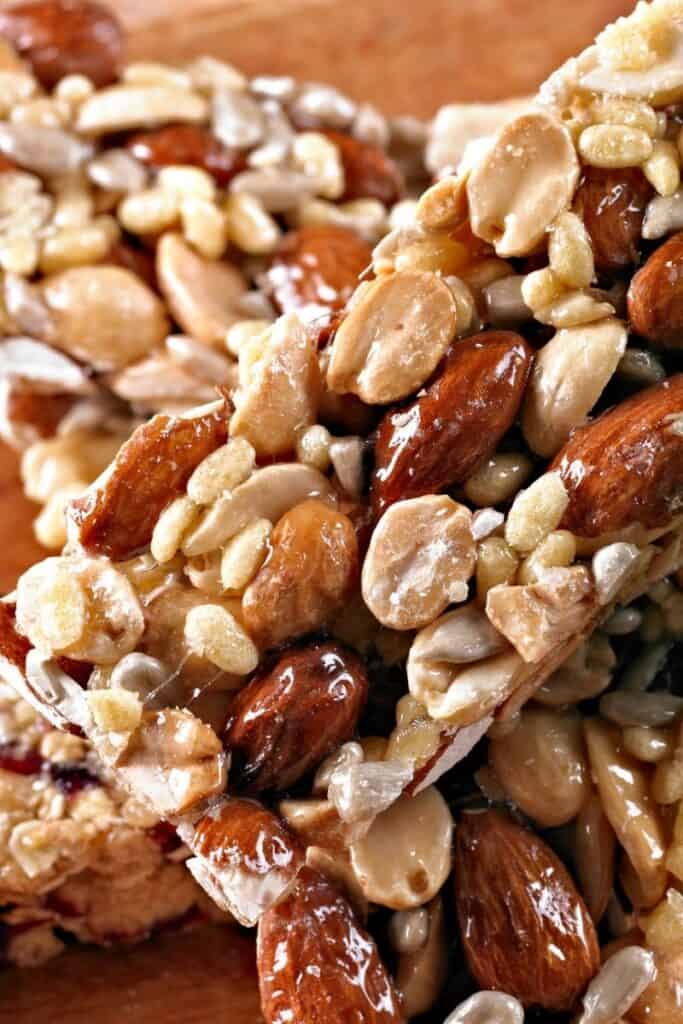
However, protein is unequivocally one of the most important parts of recovery after a workout so it’s important to use that time to refuel with protein-rich foods and/or supplements.
It’s one of the most important parts of what to eat after a marathon, along with carbohydrates.
It may feel difficult to eat some of these foods right after a workout, especially for those who are not hungry after a workout.
However, you can start slowly.
You’d want to include protein after your workout in a healthy lunch for athletes, or even little bits between games or as a pre game snacks for athletes.
If you’re looking for cheap meals for college students that are protein-rich, consider protein powders, eggs, greek yogurt, cottage cheese, deli meat and/or beans.
Meat vs Vegan Sources of Protein
Vegan athletes can definitely meet their needs while following a vegan diet.
For more information, I’ll direct you to this post on the vegan diet for runners and vegan breakfast meal prep.
However, it may require more careful planning, some nutrition supplements

Are You Getting Enough Protein?
There are some signals and side effects to look out for that you aren’t getting enough protein.
However, many of these symptoms overlap with not eating enough in general, so try to look at the whole picture or book a call with me if you have questions.
You’re Hungry All The Time – Since protein helps with satiation, if you aren’t feeling full or satisfied often, you may need to increase your protein.
You Aren’t Recovering From Workouts – Having protein after a workout helps minimize the muscle protein breakdown that is occurring, and instead, promotes muscle growth and reducing inflammation. If you feel like you aren’t recovering in a timely fashion, look at your protein intake.
You Aren’t Gaining Muscle – Protein intake is one component of muscle growth. If you aren’t getting stronger, your protein needs may need to be adjusted.
Poor Hair and Nail Growth – Suffering from brittle nails and losing hair can be a sign of a diet low in protein, as protein is a building block that helps promote hair and nail growth.

Easy High Protein Recipes for Athletes and Non Athletes
I tend to gravitate towards meals that provide everything I need, as we all should. It’s easier on our time and prep to have a balanced meal.
Are Protein Supplements Necessary?
You may think that if you follow a vegetarian or vegan diet, you need to rely on supplements and crazy products to get enough protein.
However, it is totally possible to meet the recommended protein intake for athletes by following a plant-based diet. Here’s a post all about easy vegetarian protein.
However, that being said, there are times when specific amino acid supplements, such as branched-chain amino acids (BCAA’s), may improve exercise performance and recovery from exercise (Source).
We did a deep dive into BCAAs for runners, and you may be surprised at what we found. Here’s more information on supplements for runners too.
If you do opt for a protein powder, though, here are some of my favorite protein powders for runners.
- Ucan
- Garden of Life Sport (NSF Certified)
- Naked Protein
- Gnarly (NSF Certified)
- Momentous (NSF Certified and Informed for Sport)
- Now Vanilla Pea Protein (NSF Certified)
- Orgain
- Legion
- Vega (NSF Certified)
- Vital Proteins Collagen (though not a complete protein)
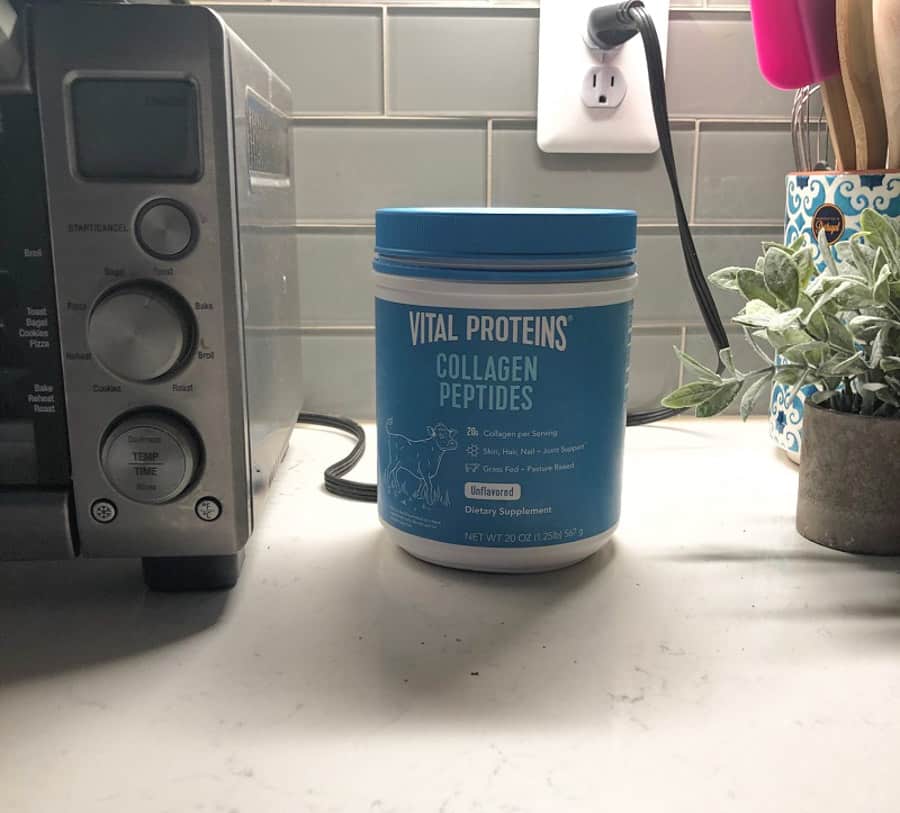
Food and Supplement Sources For Getting Enough Protein
- meat and poultry products
- dairy
- fish
- soy
- pea protein (milk, protein powders, peas)
- jerky
- beans and legumes
- whole grains
- protein powder
- collagen
- protein power bites
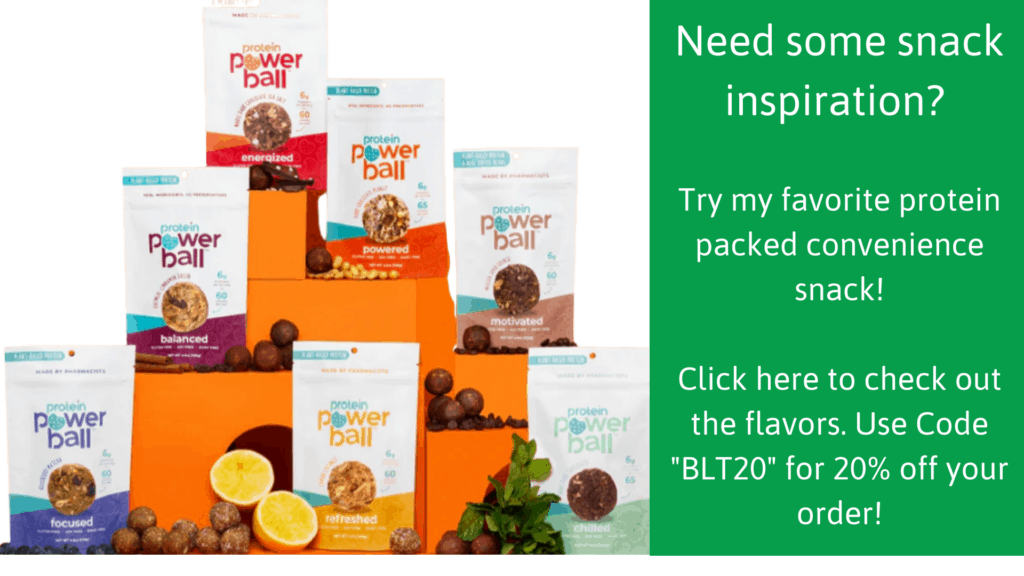
Here are some of my favorite high protein meals for athletes.
Breakfast
Lunch/Dinner
- Sweet Potato Turkey Burgers
- Oven Baked Chicken Kebabs
- Egg Noodle Stir Fry
- Easy Bison Meatball Recipe
- Sheet Pan Salmon
Snacks
- Easy Protein Granola
- Gluten Free Protein Bars
- Homemade Trail Mix Bars
- Sweet Potato and Turkey Meatballs
- Tahini Lentil Hummus

Other Ideas for Increasing Protein In Your Diet
I love to counsel my clients to aim for 10-15 grams of protein at snacks and 25-35 grams at meals. Here are some ideas and ways to up your protein.
- Add beans to pasta, or mix protein-enriched pasta with regular pasta
- Include dairy in your snacks with fruit (string cheese, yogurt, cottage cheese)
- Add protein powder to oatmeal or yogurt
- Buy a higher protein bread – usually those with nuts/seeds have higher amounts
- Top salads, stir fries, breakfast foods with hemp seeds or chia seeds (tons of benefits of chia seeds for runners!)
- Sip on kefir after dinner
In short, it’s important to find the right balance of protein intake for your body. If you’re an athlete, it’s likely that you need more than what is recommended in a normal diet.
Use this post to figure out how much protein is best suited for your needs and goals by considering things like activity level, weight, muscle mass, fitness goals and dietary restrictions.
Our team of dietitians can help with this process if you want to apply for 1-1 nutrition coaching.
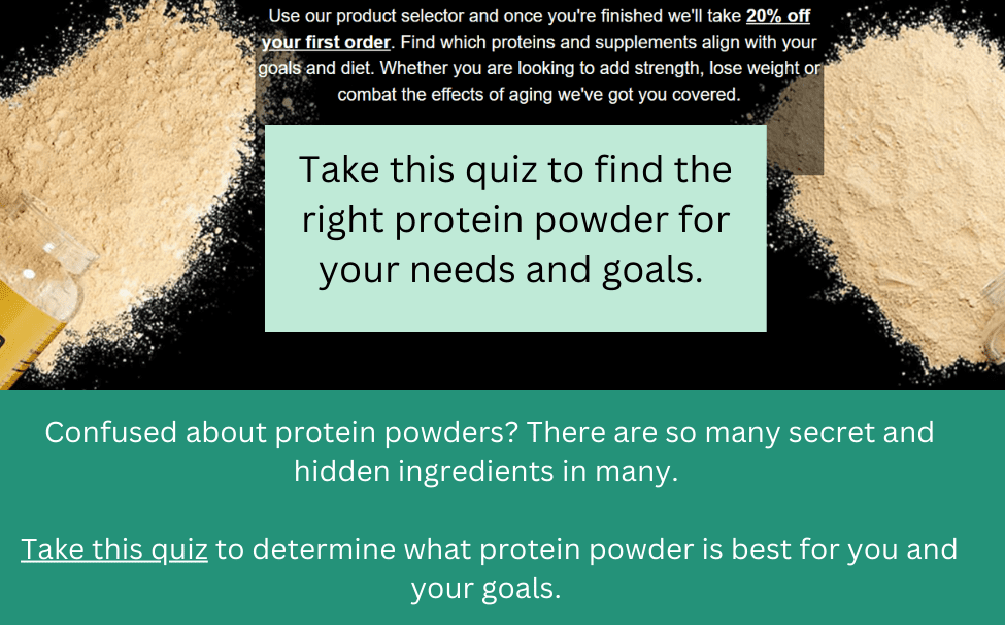
References:
Campbell, B., Kreider, R.B., Ziegenfuss, T. et al. International Society of Sports Nutrition position stand: protein and exercise. J Int Soc Sports Nutr 4, 8 (2007). https://doi.org/10.1186/1550-2783-4-8
Tarnopolsky M. Protein requirements for endurance athletes. Nutrition. 2004 Jul-Aug;20(7-8):662-8. doi: 10.1016/j.nut.2004.04.008. PMID: 15212749.
Support Bucket List Tummy


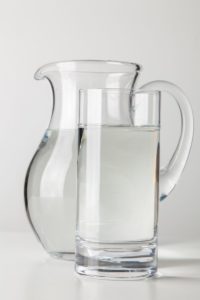
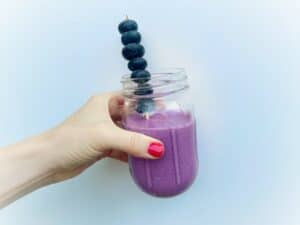

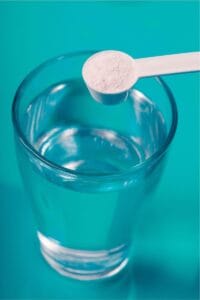

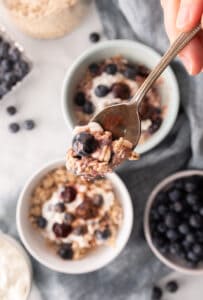

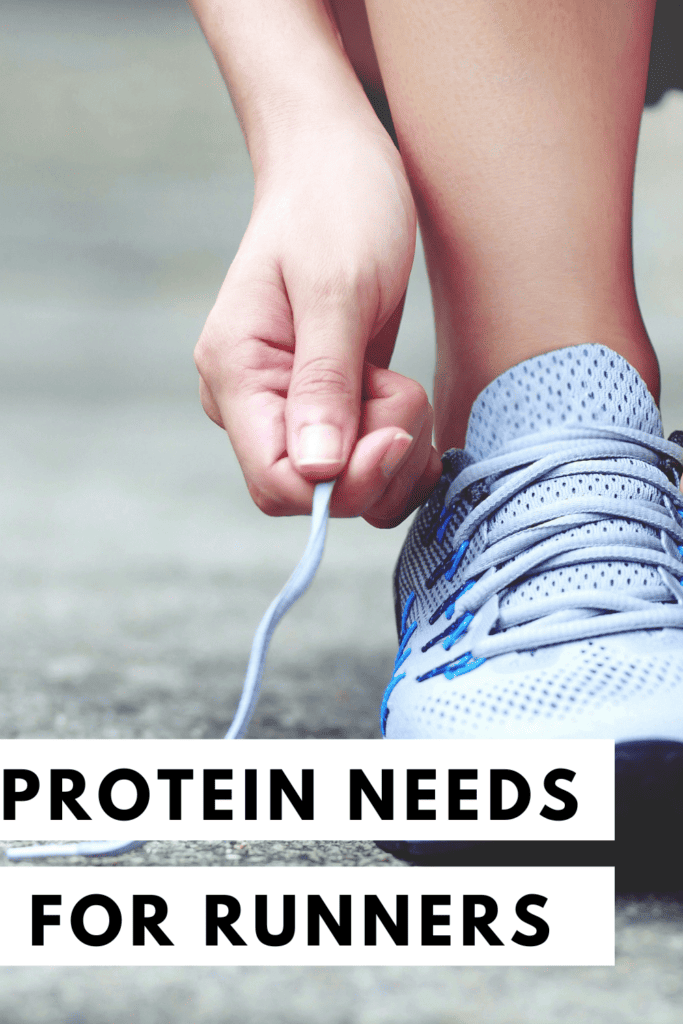



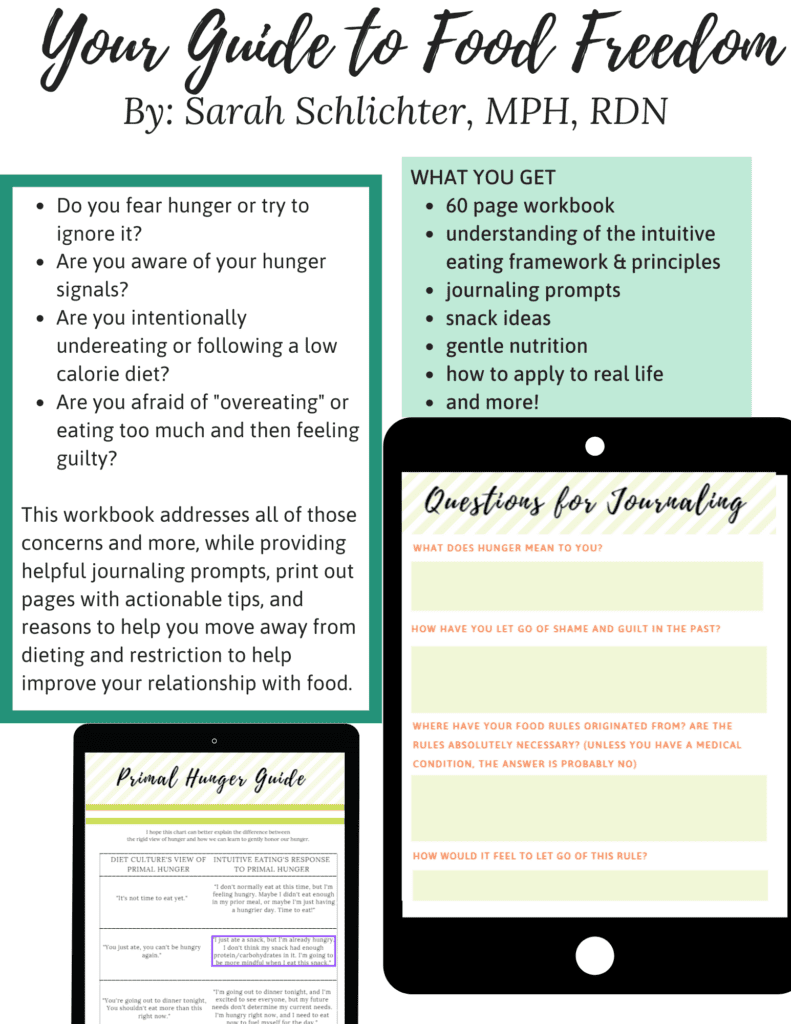




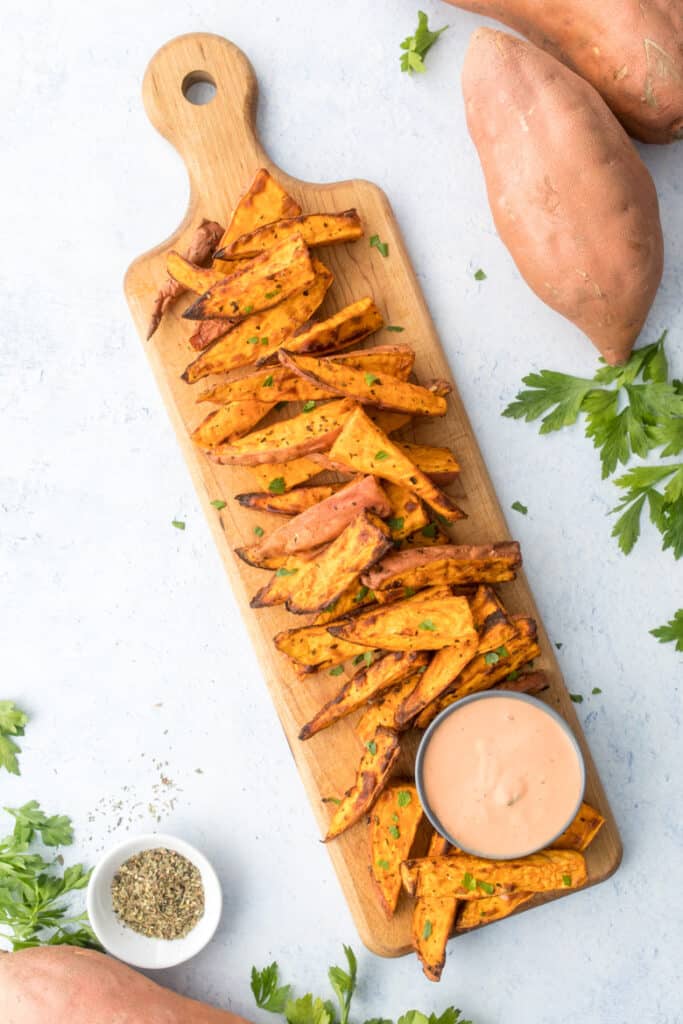
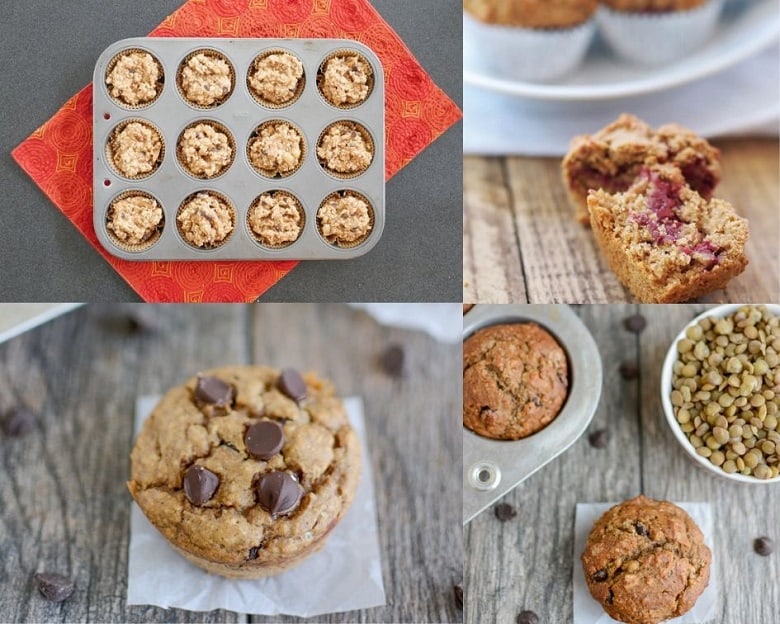

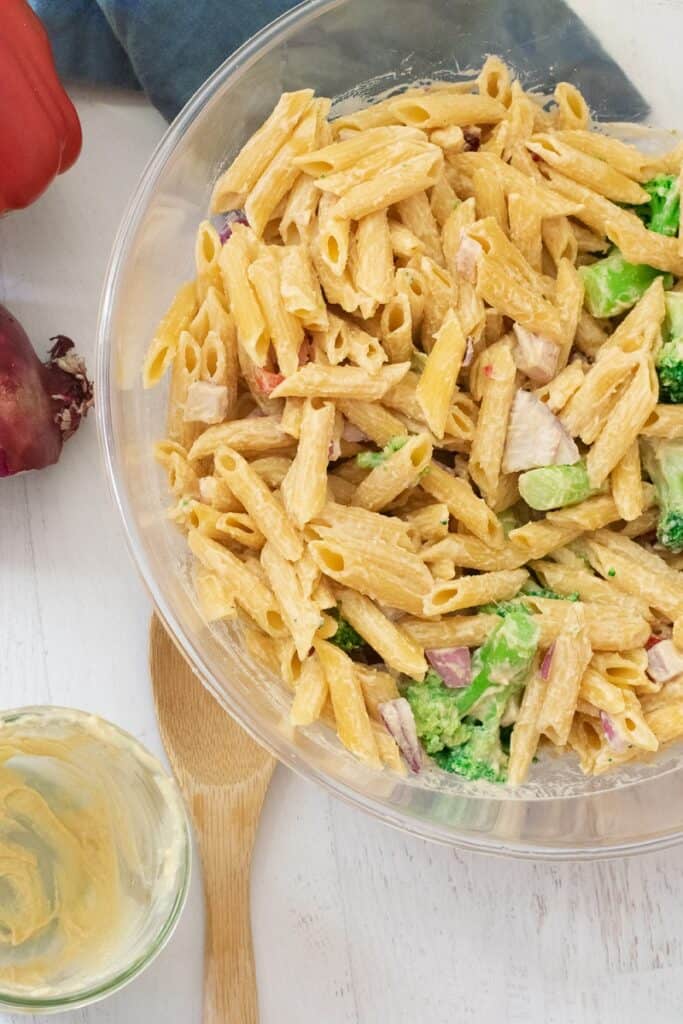

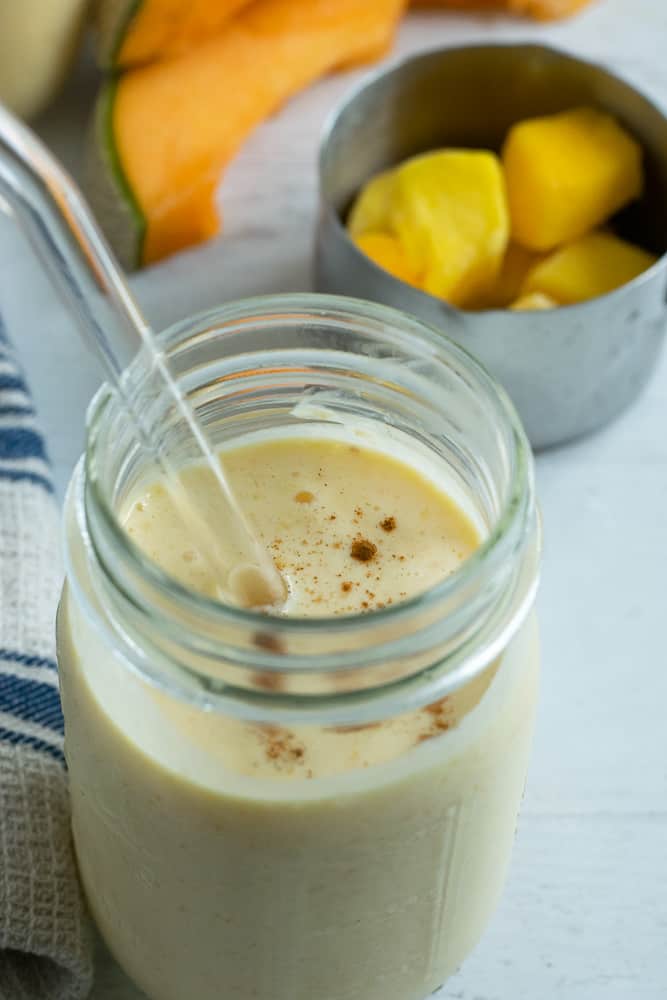

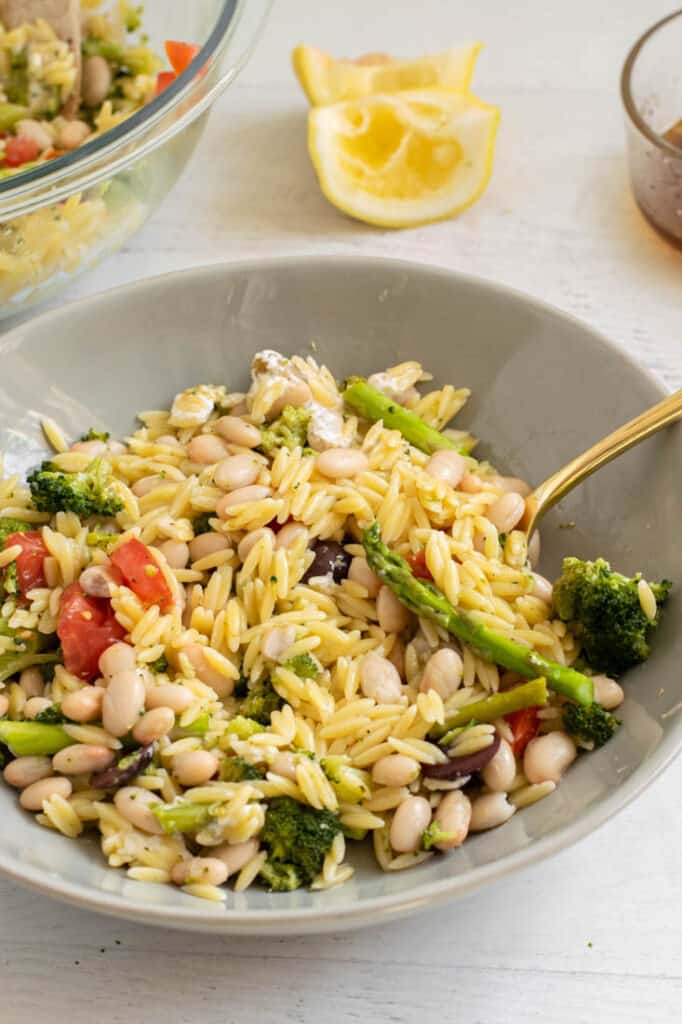

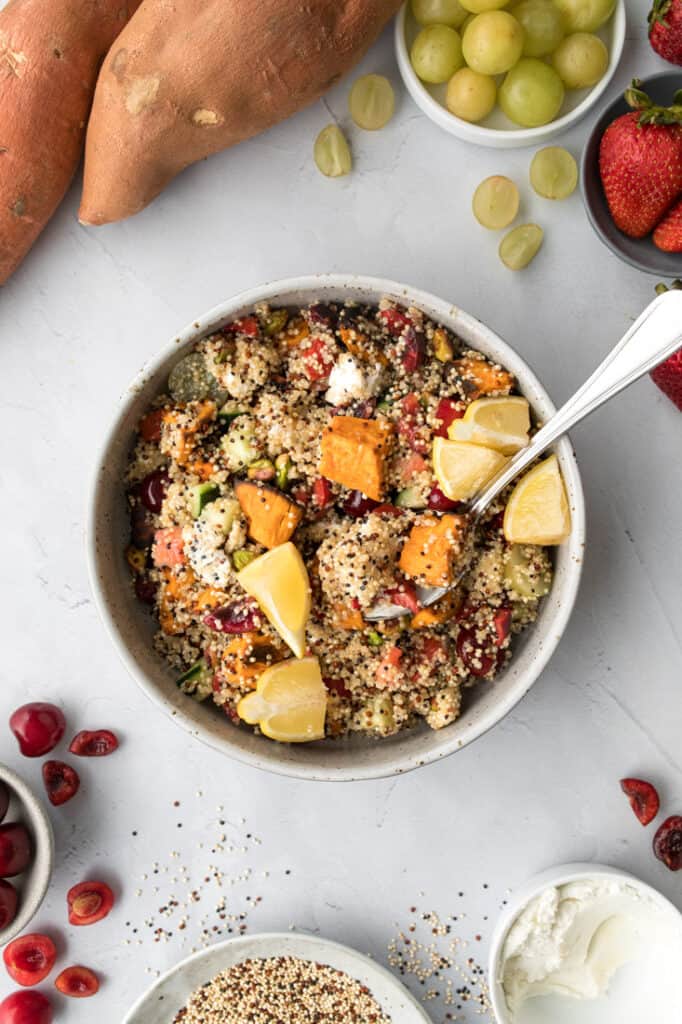

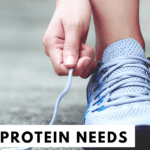
Like This Content?
Support Bucket List Tummy